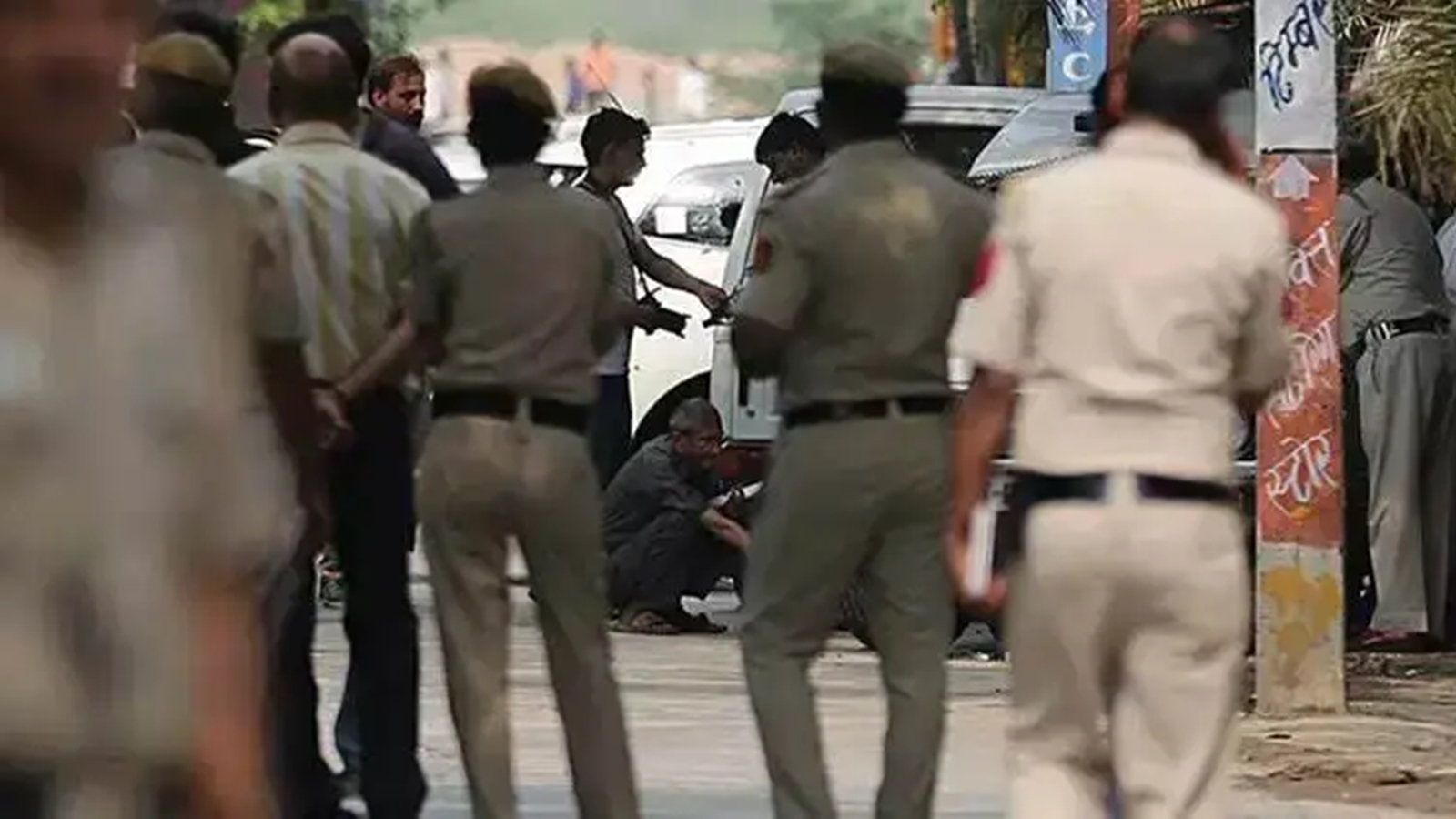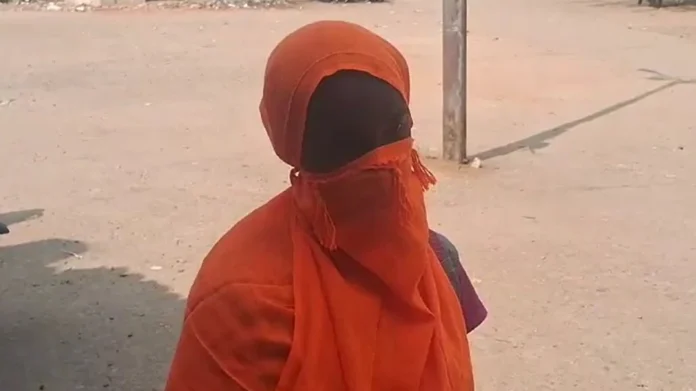In a shocking and grotesque incident, a 20-year-old tribal woman in Odisha’s Bolangir district was allegedly assaulted and had human faeces forcibly shoved into her mouth by a non-tribal man. The heinous act, which occurred on November 16, 2024, in Jurabandha village under the jurisdiction of Bangamunda police station, has sent shockwaves through the local community, provoking widespread outrage and demands for justice. The accused, who remains on the run, is believed to have committed this despicable crime in retaliation after the woman protested his actions on her agricultural land.
The Attack: A Brutal and Degrading Act of Violence
The incident began when the accused while operating a tractor on the woman’s agricultural land, caused significant damage to her crops. Concerned about the destruction to her livelihood, the woman confronted the man and expressed her protest. According to the FIR filed by the victim, the man responded to her objection with extreme violence. He physically assaulted the woman and then proceeded to force human faeces into her mouth, an act that has been widely condemned as one of the most degrading and cruel forms of abuse.
The atrocity did not end there. When the woman’s aunt arrived at the scene to rescue her niece, the accused turned his violence on her as well, assaulting the elderly woman in an effort to silence any resistance. This dual assault on two women, one of whom was vulnerable due to age, has sparked immense anger within the community and across the state.

The Outrage: Tribal Communities Demand Justice
The brutal nature of this crime, particularly the forced consumption of human waste, has left both the local tribal population and the broader public in a state of horror.
In a press conference in Bhubaneswar, Biju Janata Dal (BJD) Member of Parliament Niranjan Bisi voiced his anger at the lack of a swift police response. He stated that the inaction of the authorities had only intensified the discontent among the tribal communities in the area. “If the law and order situation in Bangamunda deteriorates, the state government will be held responsible,” Bisi said, urging the police to intensify their efforts in locating the accused.
The Legal Framework: Charges and Consequences
The severity of the crime has prompted authorities to file multiple charges against the accused. As per the FIR, the accused will face charges under Section 323 of the Indian Penal Code (IPC) for causing bodily harm to the victim. However, the assault goes beyond simple physical violence. Forcing a person to consume human faeces constitutes an extreme form of cruelty and is likely to attract charges under Section 354 of the IPC, which deals with outraging a woman’s modesty.
Given that the victim is a member of a Scheduled Tribe, the accused will also be chargedunder the Scheduled Castes and Scheduled Tribes (Prevention of Atrocities) Act. This law is designed to protect members of marginalized communities from violence and discrimination. Under this Act, the accused could face stringent punishments, including life imprisonment, for committing acts of violence against a tribal person. The law also ensures that the victim’s community receives justice, particularly in cases of grave atrocities like this one.
In addition to these charges, the accused may also face charges related to public humiliation and mental cruelty. The forced consumption of human waste not only involved physical violence but also inflicted severe emotional trauma on the victim. Legal experts argue that the psychological damage caused by such an assault should be taken into account in the prosecution.

Police Response: Manhunt Underway for the Accused
As of now, the accused remains at large, and authorities are under pressure to apprehend him quickly. The Bolangir district police have initiated an extensive manhunt, forming two special teams tasked with tracking down the perpetrator. These teams have also been dispatched to neighboring states, hoping to locate and arrest the fugitive.
Bolangir Superintendent of Police Khilari Rishikesh Dnyandeo has expressed confidence that the accused will be apprehended soon. “We are doing everything possible to catch the accused, and we are optimistic about his arrest,” Dnyandeo stated. However, the delay in arresting the perpetrator has led to increasing frustration within the community, particularly among the tribal groups who feel that justice is being delayed.
Activists and tribal organizations have expressed their dismay at the police’s failure to act quickly and have called for a faster resolution to the case. Local leaders and community representatives have warned that further inaction could fuel tensions in the area, potentially leading to protests and unrest.
The Aftermath: Calls for Greater Protection and Justice
The assault on the young tribal woman in Odisha has brought to the forefront the ongoing struggles faced by marginalized tribal communities in India. These communities, often subjected to discrimination and exploitation, continue to face systemic violence, which is compounded by the slow response from law enforcement and authorities.
Human rights activists and political leaders alike have called for a more comprehensive approach to the safety and well-being of tribal populations. The brutality of this particular crime, coupled with the apparent lack of urgency in addressing it, has intensified calls for systemic reforms.
“We need to ensure that tribal women are safe from such heinous acts and that the law does not favor the perpetrators,” said a local activist. Many have emphasized the need for quicker law enforcement responses in such cases, as well as heightened awareness around the issues that contribute to such violence, including caste-based discrimination and social inequality.
The community is now demanding that the authorities not only apprehend the accused but also take proactive steps to address the root causes of such violence. They are urging the government to strengthen protection laws for tribal people and enforce them with greater accountability.

